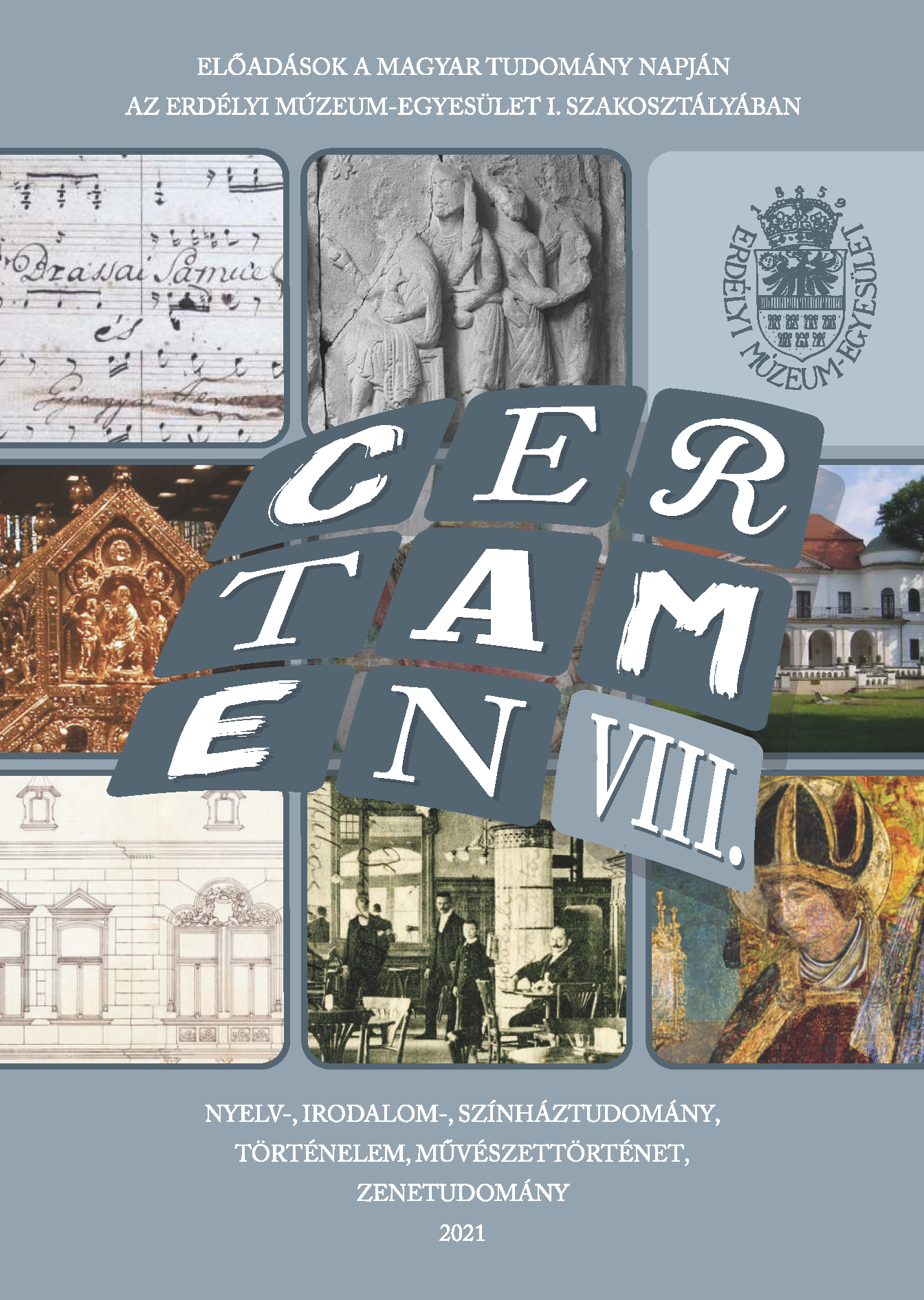A pragmatikai adaptáció formái Dóczi Lajos Faust-fordításában
The Forms of Adaptation in the Hungarian Translation of Faust by Lajos Dóczi
Author(s): Eszter BenőSubject(s): Hungarian Literature, Translation Studies
Published by: Erdélyi Múzeum-Egyesület
Keywords: Lajos Dóczi as a bilingual translator; literary translation; Faust by Johann Wolfgang von Goethe; comparative analyses; culturally bounded words;
Summary/Abstract: Lajos Dóczi (1845–1919) was a writer, poet and translator, journalist and a bilingual diplomat of Jewish origin. The article describes the translation techniques concerning the culturally bounded words and expressions in the Hungarian translations of Faust written by J. W. Goethe. Analysing the translating techniques and methods applied by Dóczi, the adaption is an outstanding procedure. In the target language text of the drama, in some cases, one can observe the replacement of social-cultural realities of the original text with the elements of the target language culture. Thus, the scene Walpurgis Night is placed form Brocken Mountain to Gellért Hill, in Budapest. Adaption is present especially in the case of geographical and personal names with stylistic value, as well as in the translation of connotative and emotive expressions.
Journal: Certamen
- Issue Year: 2021
- Issue No: VIII
- Page Range: 71-94
- Page Count: 24
- Language: Hungarian

